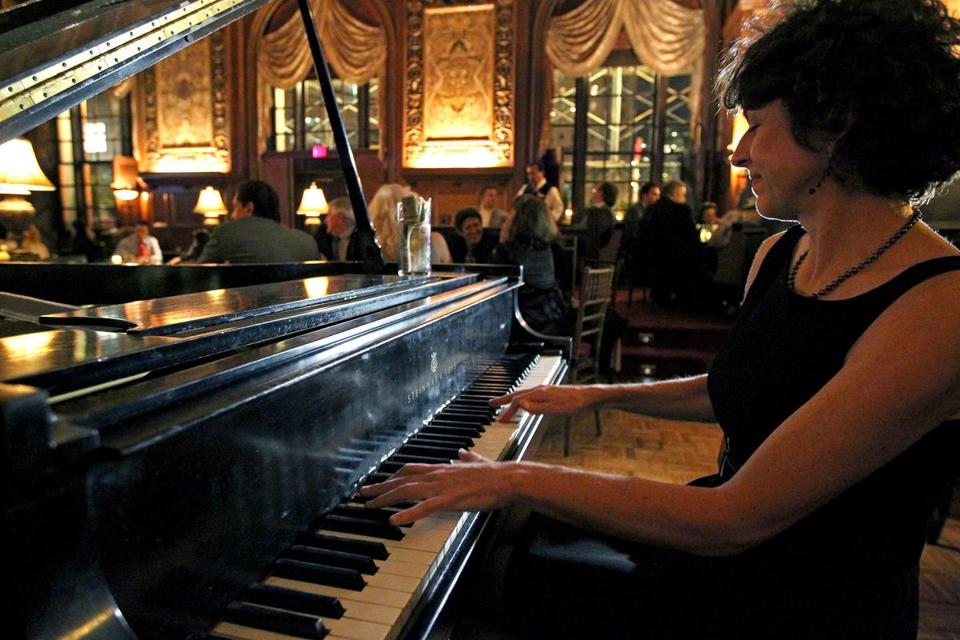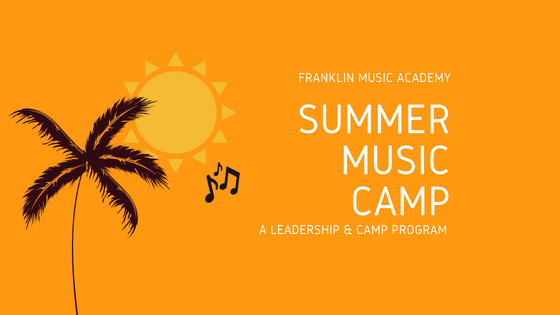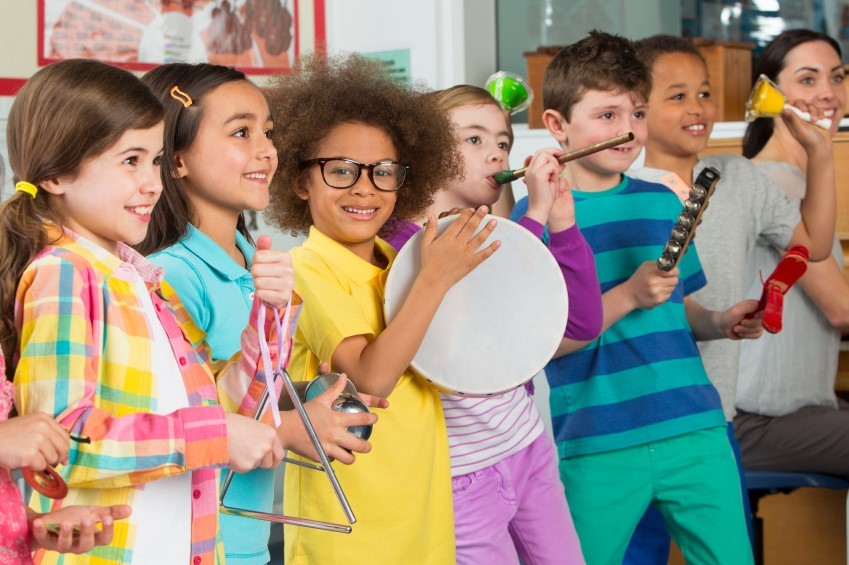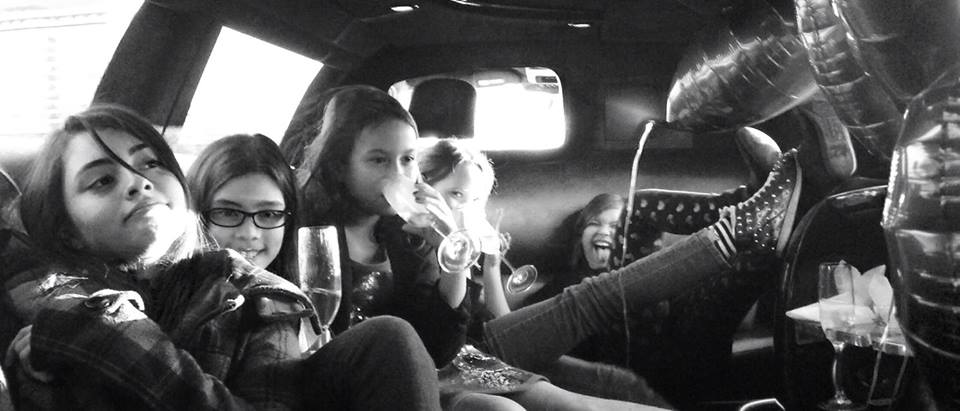Intrinsic Motivation and Learning to Play Piano
 When somebody comes to take piano lessons, you have to understand that they have never had the experience of learning to play piano before. A lot of times the reason they show up is because of the prompting from healthy social cues that indicate to them that playing the piano is a fun and admirable activity to partake in. They might have an older sibling who plays or they might have observed their favorite teacher playing in school, or perhaps seen someone playing on television who is very popular. So the very reason why they’re showing up for their first piano lesson is most likely because they have been pointed in that direction by society. Most significantly though, they will be showing up without any prior experience of actually doing the activity or set of activities that comprises “playing the piano.”
When somebody comes to take piano lessons, you have to understand that they have never had the experience of learning to play piano before. A lot of times the reason they show up is because of the prompting from healthy social cues that indicate to them that playing the piano is a fun and admirable activity to partake in. They might have an older sibling who plays or they might have observed their favorite teacher playing in school, or perhaps seen someone playing on television who is very popular. So the very reason why they’re showing up for their first piano lesson is most likely because they have been pointed in that direction by society. Most significantly though, they will be showing up without any prior experience of actually doing the activity or set of activities that comprises “playing the piano.”
 Playing piano is an end-in-itself; learning to play piano is not.
Playing piano is an end-in-itself; learning to play piano is not.
There is going to be a certain disconnect when the child starts to learn the instrument and go through the tasks and activities that one must go through in order to become proficient—this is where they suddenly realize that it’s not just fun all the time. Playing the piano also has a frustrating aspect to it; that aspect is referred to as “learning to play piano.” The multitude of steps a student must traverse before becoming proficient at the piano comprise what I refer to as micro-activities. There are various different micro activities within any given activity. One of these “micro-activities”, decoding standard music notation, can take a long time and can be annoying to kids who want a quick way to musical satisfaction. There is going to be a period of time after that initial “honeymoon” stage, where they’re doing all these other micro activities that they didn’t think was part of playing the piano. They will become understandably resistant to them because these activities are not ends-in-themselves; It’s just work.
Surrogate Rewards
 So this brings up the topic of surrogate rewards. I have a little name chart on my studio wall where I arrange all of the kids’ names in order of progress. This enables them to see where they stand in comparison to all the other kids that I teach. I give out stickers as well. Why? Because it works, it gets the job done. They are surrogate rewards until the “end-in-itself” reward is experienced. They will naturally resist work that doesn’t seem to have a purpose to it—they should, they’re human beings. When they start to have that resistance, they may not do their piano homework, or they may “forget” to bring their music, or all of a sudden they are not feeling well. There are many ways this resistance will manifest itself; there are also many ways to ride this storm as a teacher.
So this brings up the topic of surrogate rewards. I have a little name chart on my studio wall where I arrange all of the kids’ names in order of progress. This enables them to see where they stand in comparison to all the other kids that I teach. I give out stickers as well. Why? Because it works, it gets the job done. They are surrogate rewards until the “end-in-itself” reward is experienced. They will naturally resist work that doesn’t seem to have a purpose to it—they should, they’re human beings. When they start to have that resistance, they may not do their piano homework, or they may “forget” to bring their music, or all of a sudden they are not feeling well. There are many ways this resistance will manifest itself; there are also many ways to ride this storm as a teacher.
Teaching Techniques
How do you get a reluctant student to complete those activities which aren’t ends-in-themselves? Here is a list of some of the techniques I utilize:
 Simply be honest with the student and validate their experience–a little empathy goes a long way. Concurring that what they are doing is in fact really difficult will calm their spirits and allow them to focus on the task rather than the feelings they are having towards doing it.
Simply be honest with the student and validate their experience–a little empathy goes a long way. Concurring that what they are doing is in fact really difficult will calm their spirits and allow them to focus on the task rather than the feelings they are having towards doing it.- Show them how you, the teacher, must go through the same rituals when you are learning a difficult piece.
- Give them a timeline that approximates how long it will take to start to have fun with the song they are working on.
- Reward them with praise for tangible goals such as concentrating very hard or doing exactly what the teacher says.
- Reward them for persistence, perseverance, patience and concentration regardless of how well they are playing the piece.
Learning to Play Piano Becomes Fun
Eventually, as a result of using some of the techniques described above, something magic happens. Because you’ve managed to keep them doing an activity in repetition, suddenly they will have an experience. The clouds will part, the frustration will lift, and they will find themselves playing a section of the piece fluently. There will be an “ah-ha moment” when they discover that they’re actually making music, and right there, as soon as that happens, you stop them and say “see, lets look at the process that got us here.”
As your students mature into adolescence, and their years of playing increase, so will increase the amount of times they experience the reward of focused, systematic practicing. The feedback cycle, taking the student from practice to satisfaction, will start to occur on a regular basis, and it will completely negate any need for a “surrogate reward.” They will become enthusiastic players who are “intrinsically” motivated to practice, and as a result, you, the teacher, will have created another life-long piano player.


 Playing piano is an end-in-itself; learning to play piano is not.
Playing piano is an end-in-itself; learning to play piano is not. Simply be honest with the student and validate their experience–a little empathy goes a long way. Concurring that what they are doing is in fact really difficult will calm their spirits and allow them to focus on the task rather than the feelings they are having towards doing it.
Simply be honest with the student and validate their experience–a little empathy goes a long way. Concurring that what they are doing is in fact really difficult will calm their spirits and allow them to focus on the task rather than the feelings they are having towards doing it.




One thought on “Learning to Play Piano vs Playing the Piano”